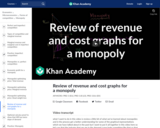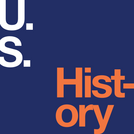
14.01 Principles of Microeconomics is an introductory undergraduate course that teaches the fundamentals of microeconomics. This course introduces microeconomic concepts and analysis, supply and demand analysis, theories of the firm and individual behavior, competition and monopoly, and welfare economics. Students will also be introduced to the use of microeconomic applications to address problems in current economic policy throughout the semester.
This course is a core subject in MIT’s undergraduate Energy Studies Minor. This Institute-wide program complements the deep expertise obtained in any major with a broad understanding of the interlinked realms of science, technology, and social sciences as they relate to energy and associated environmental challenges.
Course Format
This course has been designed for independent study. It includes all of the materials you will need to understand the concepts covered in this subject. The materials in this course include:
A complete set of Lecture Videos by Prof. Jon Gruber.
Reading Assignments in your choice of two textbooks – one of which is a free online edition - as preparation for the lectures.
Multiple-choice Quizzes to assess your understanding of the key concepts in each session.
Problem Sets with solution keys to test your ability to apply to concepts covered in lecture, and Problem Solving Videos to provide step-by-step instruction through several problem set solutions.
A collection of links For Further Study to provide supplemental online content.
A full set of Exams, including review material and practice exams to help you prepare.
- Subject:
- Economics
- Social Science
- Material Type:
- Full Course
- Provider Set:
- MIT OpenCourseWare
- Author:
- Gruber, Jonathan
- Date Added:
- 09/01/2011







